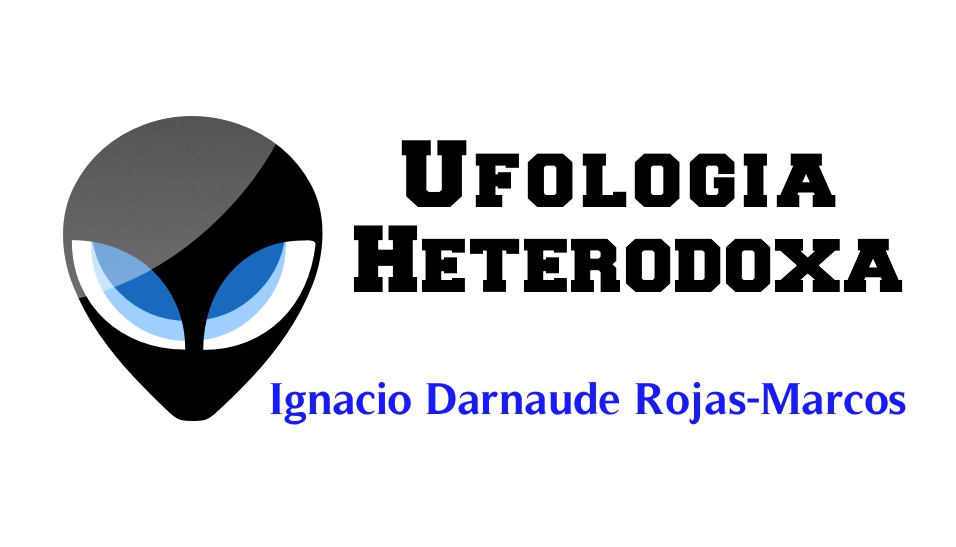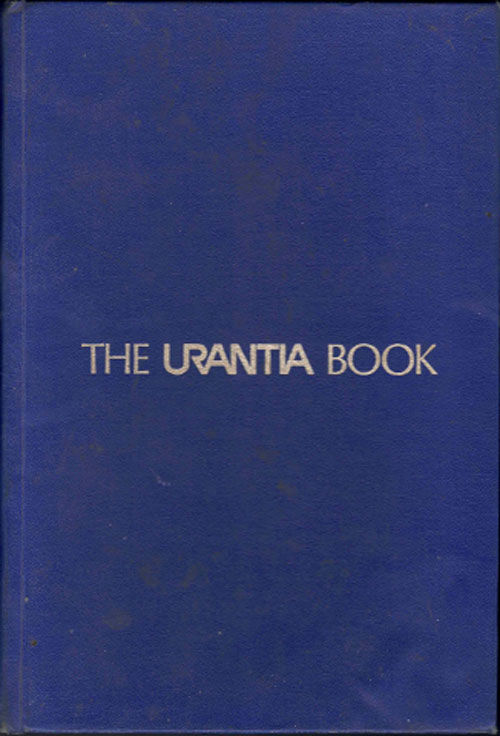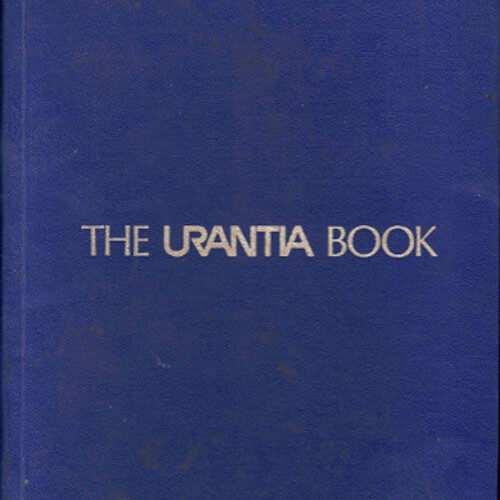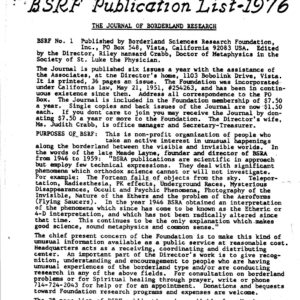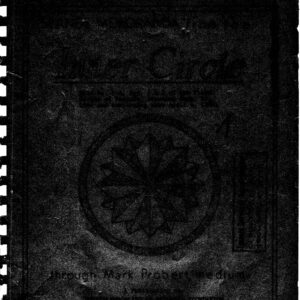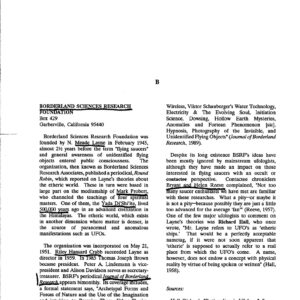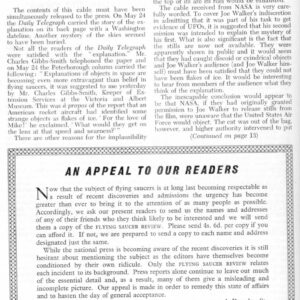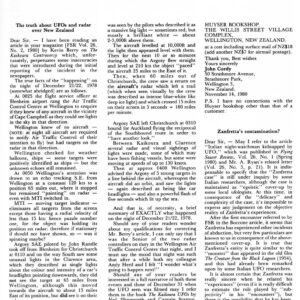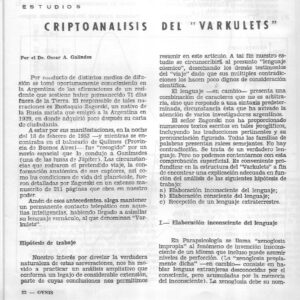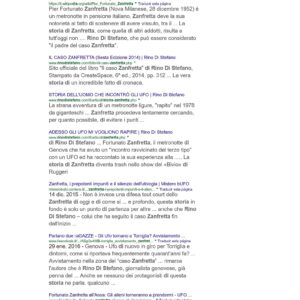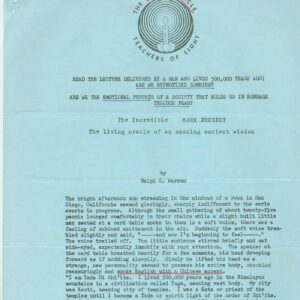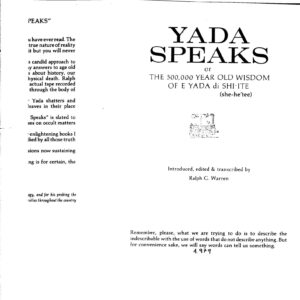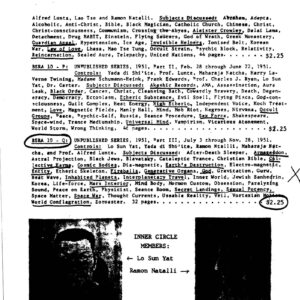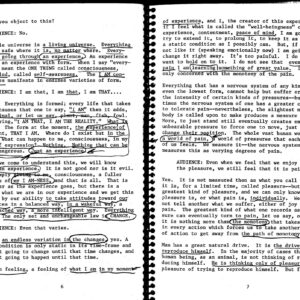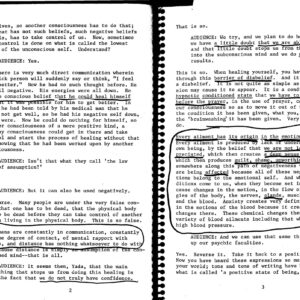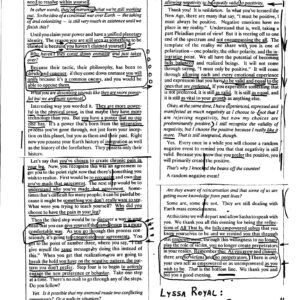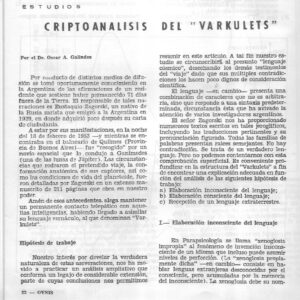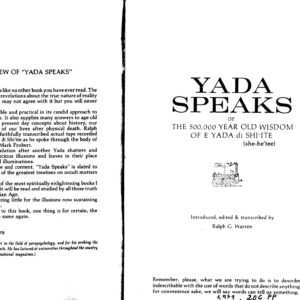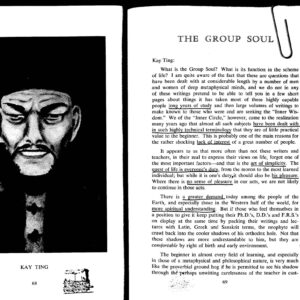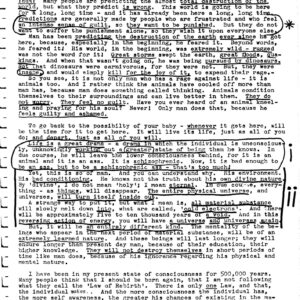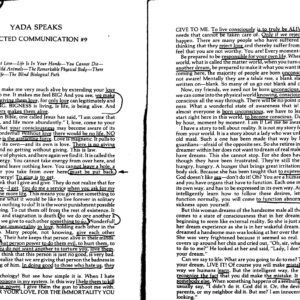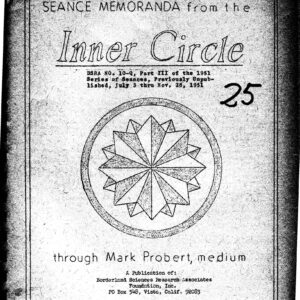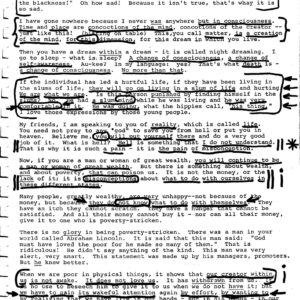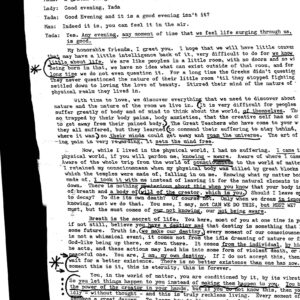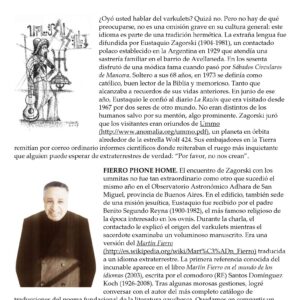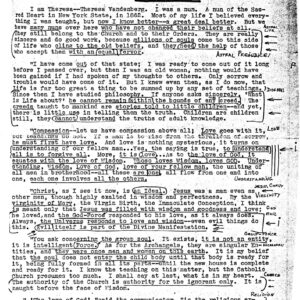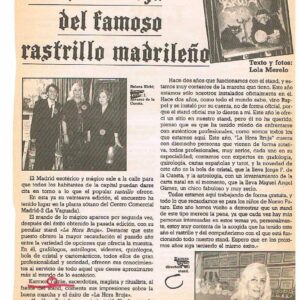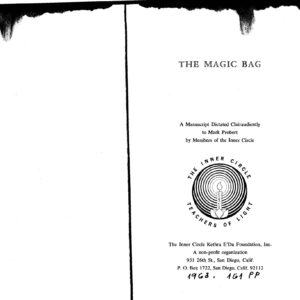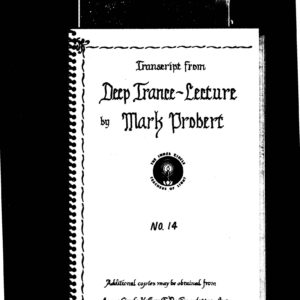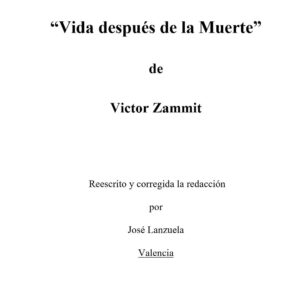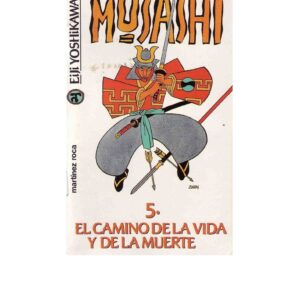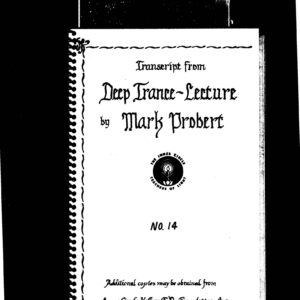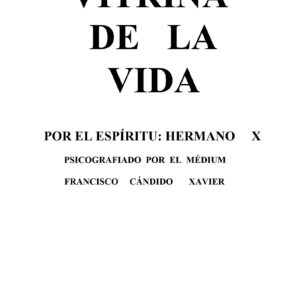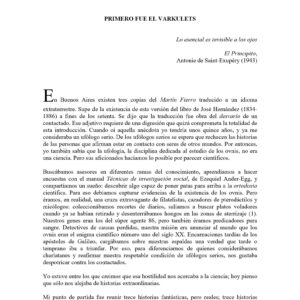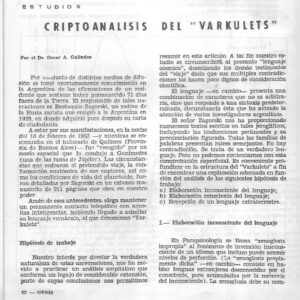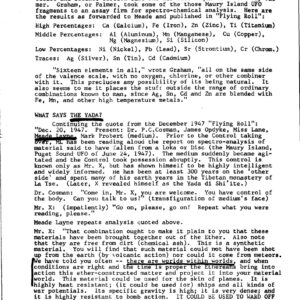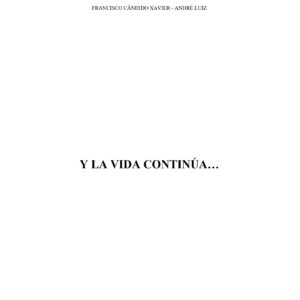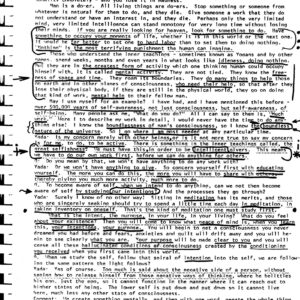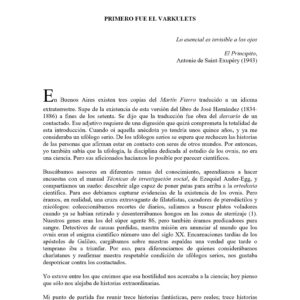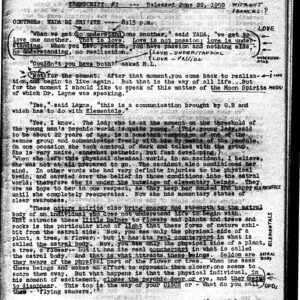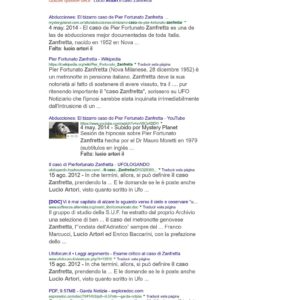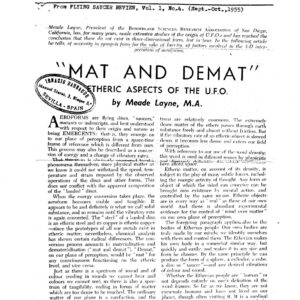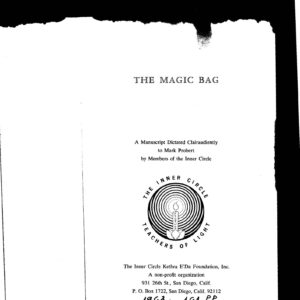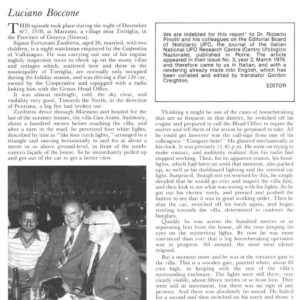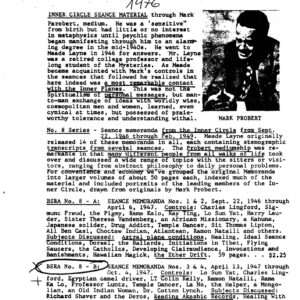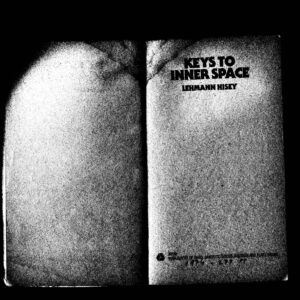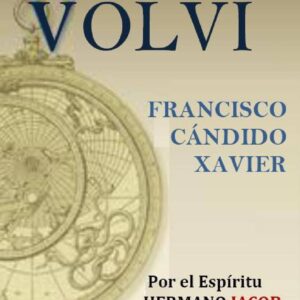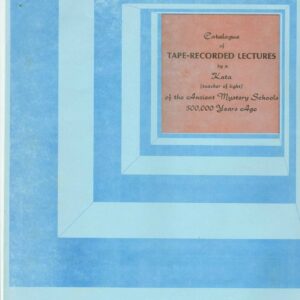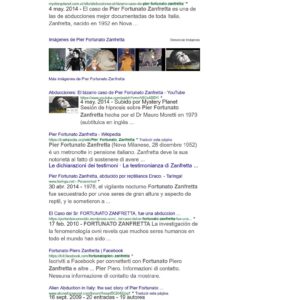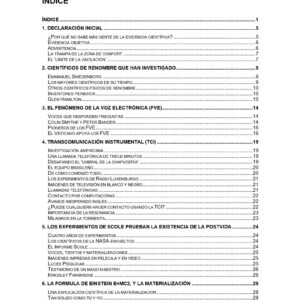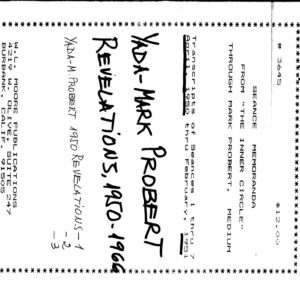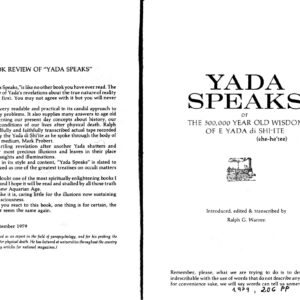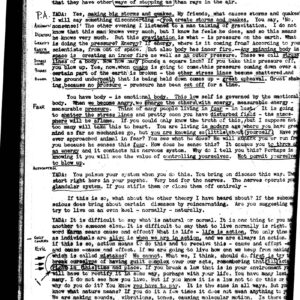Science Topics in The Urantia Book
- Descripción
Descripción
Science Topics in The Urantia Book
- UBTheNews — Website devoted to articles on the correlation between Urantia Book concepts and recent scientific discoveries.
- The Coming Scientific Validation of The Urantia Book
- Dr. Philip Calabrese
- Exploring Monmatia
- Diagrams and commentary on our solar system by Craig Carmichael
- Science in The Urantia Book
- SSS’03 Presentation by Dan Massey
- Ultimatons, Electrons and Atoms: A Study of Paper 42
- Georgia Gecht
- The Big Bang Never Happened
- Michael Wisenbaker reviews current problems in astrophysics in light of The Urantia Book’s cosmology. (Illustrated)
- Some Comments on the Religion of Science
- Dan Massey
- Is The Milky Way Orvonton?
- Dan Massey
- Callisto: A Living Planet
- Could Callisto be a non-breather world? A speculative study by Craig Carmichael
- The Scientific Integrity of The Urantia Book
- The problem with the scientific inaccuracies we think we find in The Urantia Book might really be our own preconceived notion that modern science is infallible. Denver Pearson
- Computer Analysis of Dates in The Urantia Book
- Is there any way to confirm the precise dates given in the text? Matt Niebaur, M.D. — Scientific Symposium I
- Race, Evolutionary Biology and the Kingdom of Heaven
- Contemporary society attempts to identify and overcome a variety of sources of racial, economic and social oppression. The authors of The Urantia Book advise us to consider biological oppression as well. They further challenge us to overcome all forms of oppression and prejudice as well as the limitations imposed by our evolutionary heritage through the acceptance of the ideals of Jesus and his teachings about the kingdom of heaven. David Kantor
- The Concept of Race in The Urantia Book — Charles Olivea; Urantian Journal, Winter 1980
- Race and The Urantia Book
- A black woman shares her personal reactions and comments on The Urantia Book’s racial anthropology. Earlene Green
- The Dynamics of the Ultimaton
- Are ultimatons and neutrinos one and the same reality? Stuart R. Kerr, III
- Science, Anthropology and Archaeology in The Urantia Book
- A series by Dr. Ken Glasziou, 1996
- I. Introduction and Overview
- II. Urantia Book Statements That May Fill Missing Information Gaps
- III. Who Wrote the Papers? — Logical regression analysis of common words indicates multiple authorship of The Urantia Book.
- IV. Science Topics of Interest in the Urantia Book
- V. Contentious Materials
- VI. Index of Archaeological and Historical Information Found in Part IV of The Urantia Book
Evolution of The Scientific Method- The urge of discovery is a part of the inborn and divine endowment of evolutionary space creatures.Travis W. Binion, Jr.
- Physics and Astronomy
- Scientific theories are logical myths which explain the data available at any given moment, but which must constantly evolve to encompass emerging information. Dan Massey — Scientific Symposium I, The Urantia Book Fellowship.
- Engineering — Science and Magick
- The role of the rational, the intuitive and the audacious in the human attempt to control and predict reality.L. Dan Massey — Scientific Symposium II, The Fellowship for Readers of The Urantia Book
- Science in Jesus’ Life
- We all want to live the integrated life, with science as part of a growing mind in a progressive personality. How might we approach this great ideal? Jeffrey Wattles, PhD. — Scientific Symposium I, The Urantia Book Fellowship.
- The Foxhall Peoples: An Encounter Between Archaeology and The Urantia Book
- Review of a relevant fossil site found at Foxhall, four miles east of Ipswich, Suffolk.Scott Forsythe — Scientific Symposium I
- The Life Pattern
- A consideration of some of the new challenges which molecular biology is presenting to religious and ethical understanding.John Lange, M.D. — Scientific Symposium II
- Personal Correspondence Regarding Some Matters of Scientific Interest in The Urantia Book
- Dan Massey
- Scientific Predictions of The Urantia Book
- How do the 1935 scientific understandings of The Urantia Book appear in light of late century knowledge? Dr. Irwin Ginsburgh and Geoffrey L. Taylor — Scientific Symposium II
- Brain, Mind and Spirit
- The brain, thinking styles, pituitary gland and cognitive therapy are related. What practical techniques can we use to orchestrate this endowment for spiritual growth? Lawrence L. Schkade, Ph.D. — Scientific Symposium I
- Black Holes and the «Dark Islands of Space»
- Are the «dark gravity bodies» and «dark islands of space» described in The Urantia Book the same phenomenon known to contemporary astrophysics as black holes? Dick Bain
- AIDS: Genesis and Resolution
- What is the genesis of the epidemic? And what is a path to resolution? John Lange, M.D. — Scientific Symposium I, 1988
- The Science of Serendipity
- The leading edge of science furnishes insights for creating conditions where serendipitous events are more likely to occur. Carol Hay
- Time and Space
- Mathematician Robert Hunt explores Urantia Book quotations and related discussions from the contemporary literature.Robert Hunt, PhD. — Scientific Symposium I
- 48 Trait Determiners vs. 46 Chromosomes
- The revelators have given us truth without overthrowing accepted truths of the day. Kermit Anderson — Scientific Symposium I
- The Jupiter Problem
- A review of some of the problems associated with developing a definitive theory of the origin of the solar system. Dick Bain
- Paradise and the Topology of Space
- Cosmological physics from the perspective of Paradise and the ultimaton as described in The Urantia Book. Philip Calabrese — Scientific Symposium II
- How Big is Orvonton?
- Norm Du Val
- On Seraphic Velocities and Resurrection on the Third Day
- Philip Calabrese — Scientific Symposium I, The Urantia Book Fellowship
- Coming Full Circle
- A physical therapist considers the non-material aspects of healing with a focus on problems of the central nervous and the musculoskeletal systems. Joy Dirham — Scientific Symposium I, The Urantia Book Fellowship.
